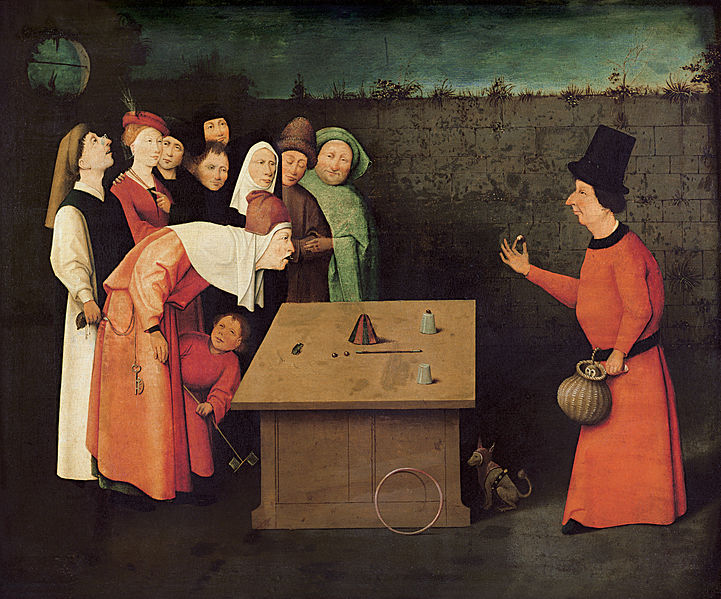We thought it would be fun to do reviews of some of the many many ebooks now available to download for absolutely free or your money back!
Old books, of course. But not “old” in the grand scheme of things. Not “old” in comparison to the age of the universe, or even this world, or even life here, or even human life. The we humans keep flooding the world with a surfeit of books, when we don’t even take the time to read the many great ones that were already there before long before us, is, of course, our prerogative, and the creators of this blog are also doing their part to ensure more books are written than will ever be read; however, it’s also cool to interact with older books.
Even when a book written a hundred years ago takes place right here in NYC, it describes a foreign world and clime, reality, vantage point. And travelling outside of one’s assumed background-reality is a good way to skip the tracks. By which I mean: you’re on this train, barreling forward, sure of its origin, destination, intent, and valor; but what within this journey is the essential conscious experience? In reading we do what one should never do with real trains: hop from one to the other, looking for the essential elements within all journeys.
See the end of this page for a continuation of this essay, an argument that slavishly adheres to our most cherished dogmatisms.
Continuation of the Introductory Remarks:
The best authors are the least dogmatic. They let their whole human moment come alive within them. They do not force it to fit into their preconceived notions. They let their narrower selves be proven wrong by their wider deeper experiences.
But who’s a great author? Where lies the great Beauty? And isn’t greatness a thing of degrees: aren’t even the best to some degree caught up in the happenstance of the surrounding notions? Indeed, doesn’t the following paradox hold: to be true to one’s moment, one must enter into it and to some degree be possessed by it, and thus to some degree lose the universality necessary for true wisdom?? The better the author, the more they create from within a meditation on the whole human moment, and that implies an experience of the particular details of life as they flow in and out of the universal pre-particular Light shining in and through all things. Still, no one’s as great as God, and so all authors fall short, woefully short.
From all this it follows that one should read many good authors from many times and places, always with an eye for forgiving but also to some degree forgetting where they lose themselves in the cozy folds of their own times/places, and for absorbing and contemplating those literary gems that shine with the infinite radiance of what is common to all: God’s Love shining in and through all things, binding all sentient creatures together as one.
What? Our certainty about what’s Real and what matters is a dogmatism? Well, doubting some things is self-defeating. For example: the Light within that tells us we’re all in this together and must be kind and gentle with one another, seeking always to open our hearts and minds to everyone and finding a way together towards what is best for everyone. Doubt this, and you doubt any workable approach to human life. The path of wisdom is not to doubt this core Truth or to mindlessly accept it, but rather to better and better coordinate one’s thoughts and feelings around the Light within to better understand that and in what way it is TRUE to say, “we’re all in this together”. This dogmatism is both a necessary and sufficient condition for a livable/inhabitable/stand-able life. But please note that it is not a dogmatism that asks one to accept its words/ideas; rather what it asks is that we contemplate its words/ideas as part of a whole being insight that it claims must, if it is to be meaningful/useful to humans, ultimately extend beyond words/ideas, and that must therefore offer itself with a nuances, not head on, but at a slant. [For too much more on this topic, please see <a href=” The Something Deeperism Institute.]
